‘We should be scared’: the poisoning of schoolgirls in Afghanistan
Children hospitalised in allegedly deliberate mass attacks is latest in series of incidents going back decades
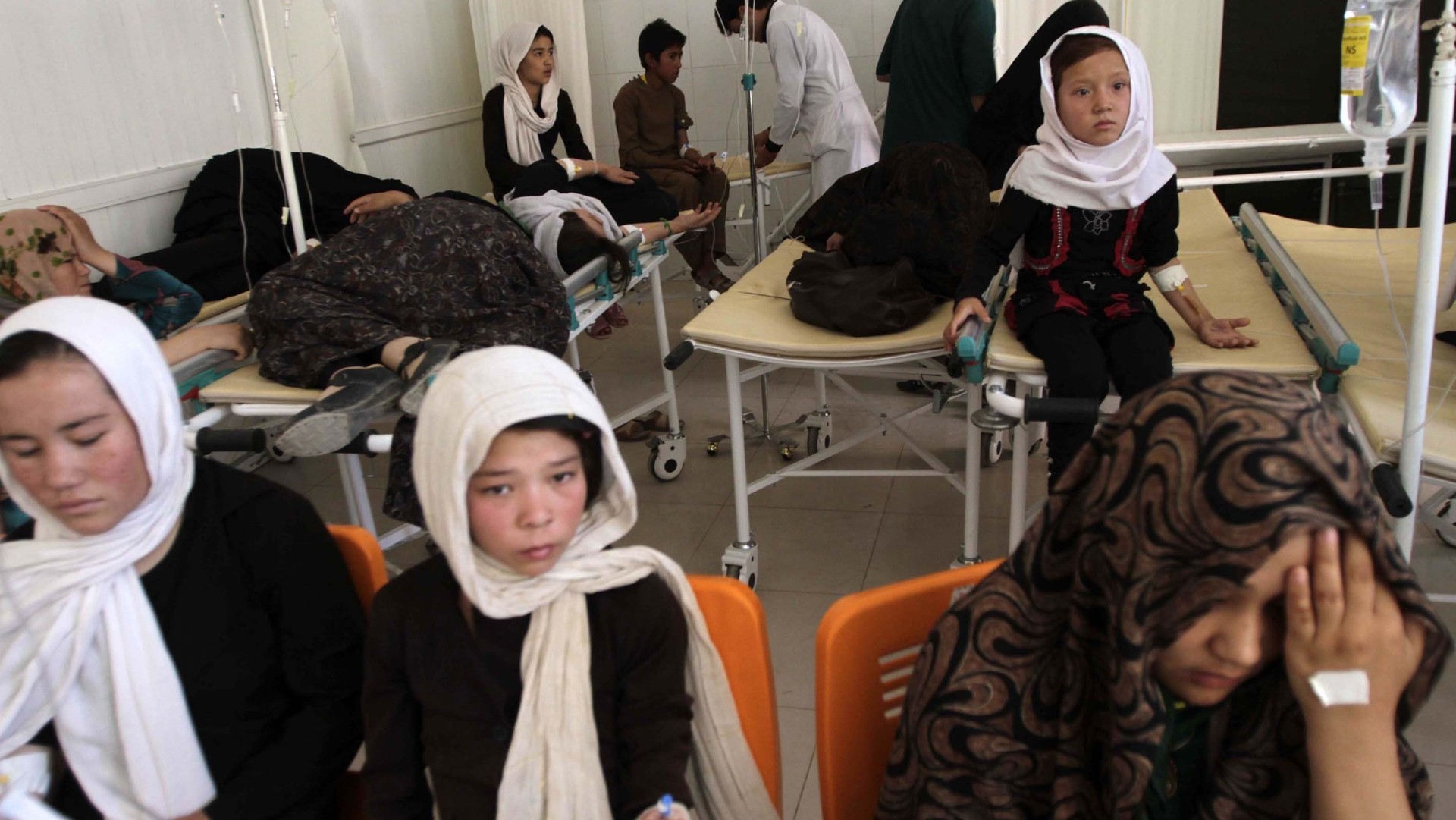
A free daily email with the biggest news stories of the day – and the best features from TheWeek.com
You are now subscribed
Your newsletter sign-up was successful
Dozens of schoolgirls are suspected to have been deliberately poisoned in two attacks in Afghanistan, the latest in a decade of incidents in the region, intensifying fears for girls pursuing education.
On 3 June, 63 students and staff members at Naswan-e-Kabod Aab primary school for girls in northern Sar-e-Pul province fell ill shortly after arriving in the morning and were hospitalised with neurological and respiratory symptoms. The following day students and staff at Naswan-e-Faizabad girls’ school nearby reported similar symptoms; the numbers affected vary from 17, according to Associated Press, to 26, quoted by The New York Times (NYT).
Officials are “unclear on the culprit, the motive and the potential type of poison possibly used”, Mohammad Rahmani, head of the education department in the northern province, told CNN.
The Week
Escape your echo chamber. Get the facts behind the news, plus analysis from multiple perspectives.

Sign up for The Week's Free Newsletters
From our morning news briefing to a weekly Good News Newsletter, get the best of The Week delivered directly to your inbox.
From our morning news briefing to a weekly Good News Newsletter, get the best of The Week delivered directly to your inbox.
The UN children’s charity Unicef has called on the Taliban government of Afghanistan to investigate and “do everything possible to keep girls and women safe”, reported Kabul Now.
The suggestion of deliberate poisoning “rattled young girls and their parents in this region of Afghanistan”, said the NYT. The ban on girls’ education after primary level has become “a flashpoint” since the Taliban retook power in August 2021 and “effectively erased” women from public life.
‘Everyone is scared’
Over the past two decades in Afghanistan, there have been multiple supposed poisonings and mass hospitalisations of schoolgirls, which the previous government generally blamed on the Taliban.
In 2009, hundreds of schoolgirls at three schools in Kapisa province, north of Kabul, needed treatment in the space of two weeks. Then in 2010, more than 80 schoolgirls were taken ill in three separate incidents in northern Afghanistan.
A free daily email with the biggest news stories of the day – and the best features from TheWeek.com
In 2012, at least 140 schoolgirls were treated after drinking poisoned water, which health officials blamed on extremists opposed to women’s education. The next month, hundreds of girls and teachers in two schools in northern Takhar province were hospitalised in the same week after being “seemingly poisoned with a toxic spray”, said CNN.
In 2015, about 600 girls were suspected of having been poisoned in Herat by toxic gas.
“Everyone is scared, and we should be scared,” Hassan Haidari, whose daughter, a teacher in Naswan-e-Kabod Aab school, is in a serious condition, told the NYT. “People want to know who did this to ensure it doesn’t happen again. Otherwise, no one will send their daughter to school.”
‘Complete disregard for women’s rights’
In just a year, the Taliban has reversed nearly two decades of progress for women’s rights in Afghanistan. It has brought back the infamous “burqa mandate”, prohibiting women from entering public spaces like parks and banning them from working in most industries. Women also cannot travel without a male chaperone.
Girls can no longer attend secondary school, and last December women were barred from universities after they became centres of dissent against the crackdowns.
Those protesting have also been arrested, tortured or “forcibly disappeared”, according to an Amnesty International report.
This year, the Taliban banned female UN workers, leading to a statement by the UK ambassador at the UN Security Council, calling it “a direct violation of the core tenets underpinning the UN charter” that would impede the delivery of aid.
“We have a pandemic of suicidal thoughts in Afghanistan,” a psychologist told BBC News, describing a mental health crisis particularly prevalent among girls and women. “The situation is the worst ever.”
Bioterrorism, revenge or mass psychogenesis?
In neighbouring Iran, “poisoning incidents at girls’ schools sickened an estimated 13,000 mostly female students since November”, said the Daily Mail. Hundreds have been hospitalised in what officials said could have been deliberate attacks.
The incidents “have similarities” with the cases in Afghanistan in the 2010s, chemical weapons expert Dan Kaszeta, an associate fellow at the Royal United Services Institute, told BBC News. Psychological factors could have contributed to both, although he did not rule out the use of toxic substances.
The supposed poisonings in Iran could be a case of “mass sociogenic illness”, said Professor Simon Wessely, a psychiatrist and epidemiologist at King’s College London. They are “very reminiscent” of the so-called fainting epidemic in the West Bank in 1986 that is now believed to have been largely psychosomatic and stress-induced.
A report published in Psychology Today in March suggested that cases in both countries may have been psychogenic in nature, driven by anxiety. Or they are “bioterrorism”, according to the Iranian Teachers’ Union’s Coordination Council statement in March.
Despite condemnation by supreme leader Ali Khamenei, who declared it an “unforgivable crime”, some politicians have suggested “the poisonings may have been carried out by religious groups opposed to educating girls”, said DW.
Some activists believe the attacks to be a form of “revenge” for the protests that erupted following the suspicious death of 22-year-old Masha Amini in September 2022, said The Guardian, in the custody of the Iranian “morality police”.
“Nobody believes that it is coincidence that it has followed the protests,” Deepa Parent, a human rights journalist, told the paper.
Harriet Marsden is a senior staff writer and podcast panellist for The Week, covering world news and writing the weekly Global Digest newsletter. Before joining the site in 2023, she was a freelance journalist for seven years, working for The Guardian, The Times and The Independent among others, and regularly appearing on radio shows. In 2021, she was awarded the “journalist-at-large” fellowship by the Local Trust charity, and spent a year travelling independently to some of England’s most deprived areas to write about community activism. She has a master’s in international journalism from City University, and has also worked in Bolivia, Colombia and Spain.
-
 Labor secretary’s husband barred amid assault probe
Labor secretary’s husband barred amid assault probeSpeed Read Shawn DeRemer, the husband of Labor Secretary Lori Chavez-DeRemer, has been accused of sexual assault
-
 Trump touts pledges at 1st Board of Peace meeting
Trump touts pledges at 1st Board of Peace meetingSpeed Read At the inaugural meeting, the president announced nine countries have agreed to pledge a combined $7 billion for a Gaza relief package
-
 Britain’s ex-Prince Andrew arrested over Epstein ties
Britain’s ex-Prince Andrew arrested over Epstein tiesSpeed Read The younger brother of King Charles III has not yet been charged
-
 The spiralling global rice crisis
The spiralling global rice crisisfeature India’s decision to ban exports is starting to have a domino effect around the world
-
 Netanyahu’s reforms: an existential threat to Israel?
Netanyahu’s reforms: an existential threat to Israel?feature The nation is divided over controversial move depriving Israel’s supreme court of the right to override government decisions
-
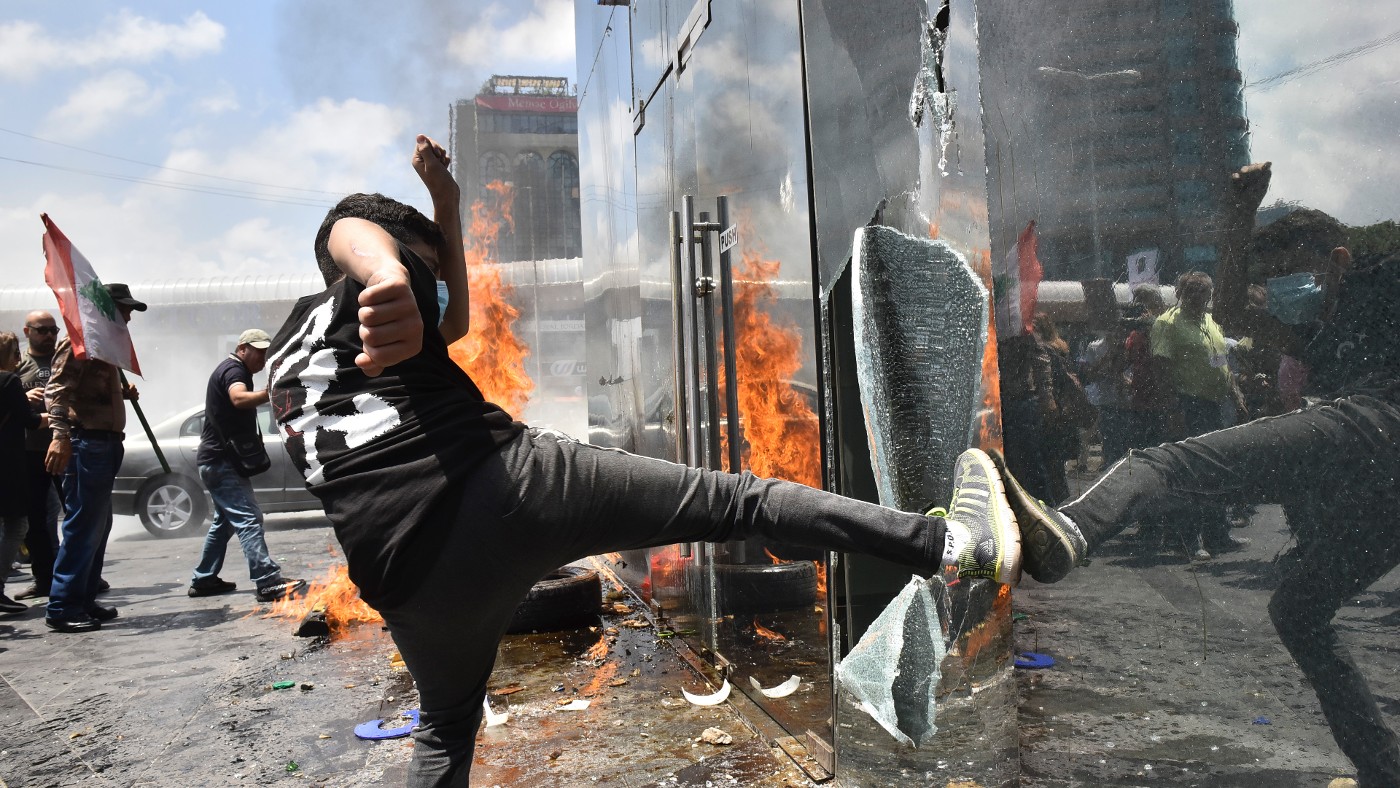 A country still in crisis: Lebanon three years on from Beirut blast
A country still in crisis: Lebanon three years on from Beirut blastfeature Political, economic and criminal dramas are causing a damaging stalemate in the Middle East nation
-
 Ghana abolishes the death penalty
Ghana abolishes the death penaltyfeature It joins a growing list of African countries which are turning away from capital punishment
-
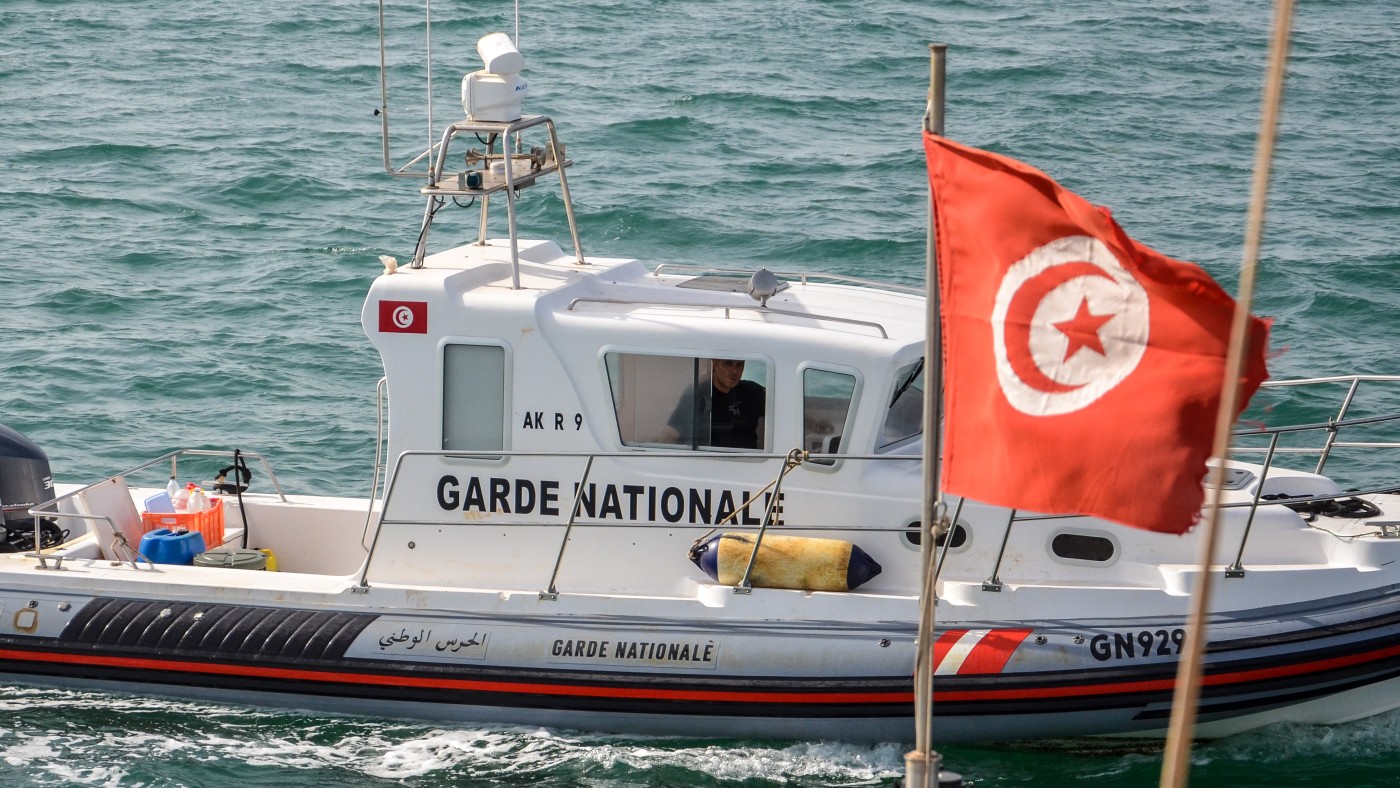 EU-Tunisia agreement: a ‘dangerous’ deal to curb migration?
EU-Tunisia agreement: a ‘dangerous’ deal to curb migration?feature Brussels has pledged to give €100m to Tunisia to crack down on people smuggling and strengthen its borders
-
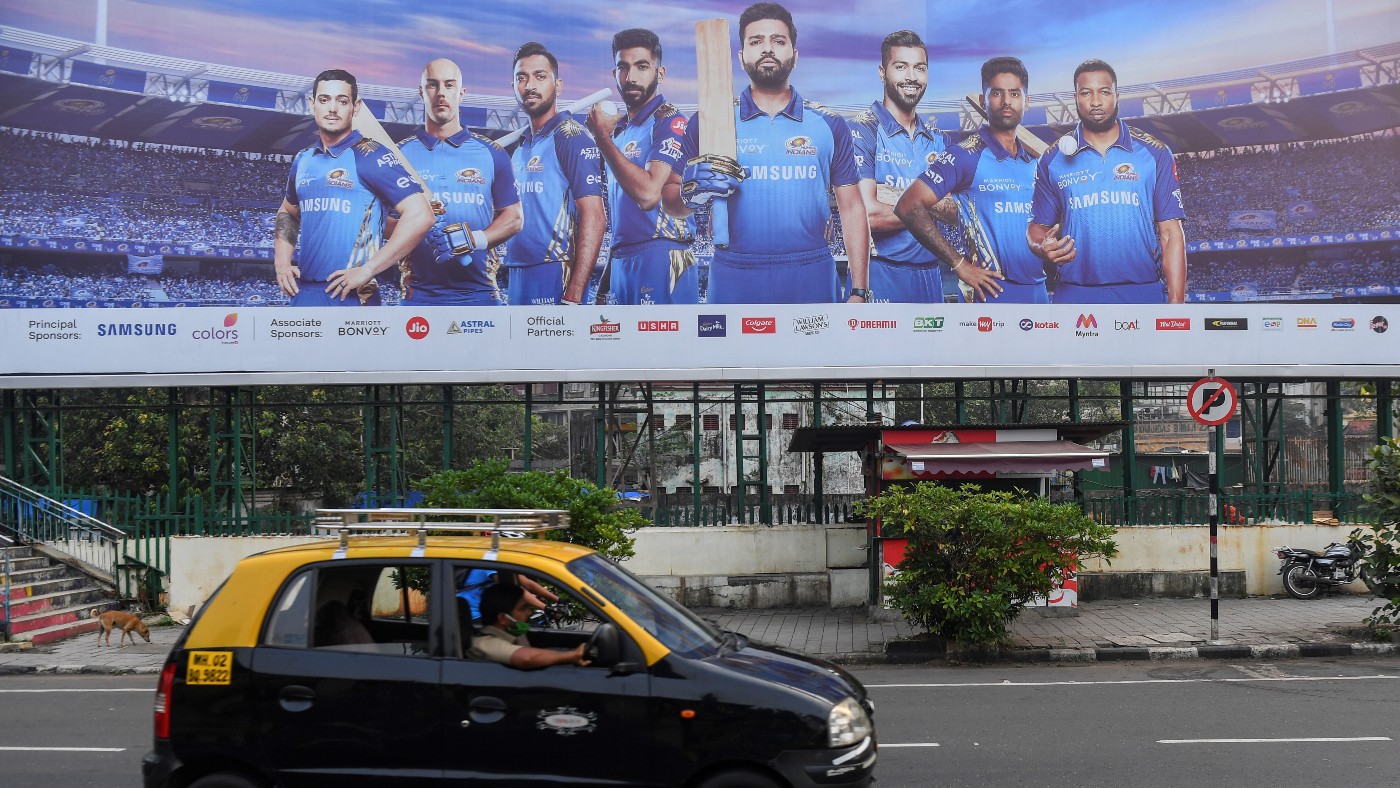 The sinister side to India’s fantasy gaming craze
The sinister side to India’s fantasy gaming crazefeature Fantasy gaming is booming in India, despite the country's ban on gambling
-
 China’s ‘sluggish’ economy: squeezing the middle classes
China’s ‘sluggish’ economy: squeezing the middle classesfeature Reports of the death of the Chinese economy may be greatly exaggerated say analysts
-
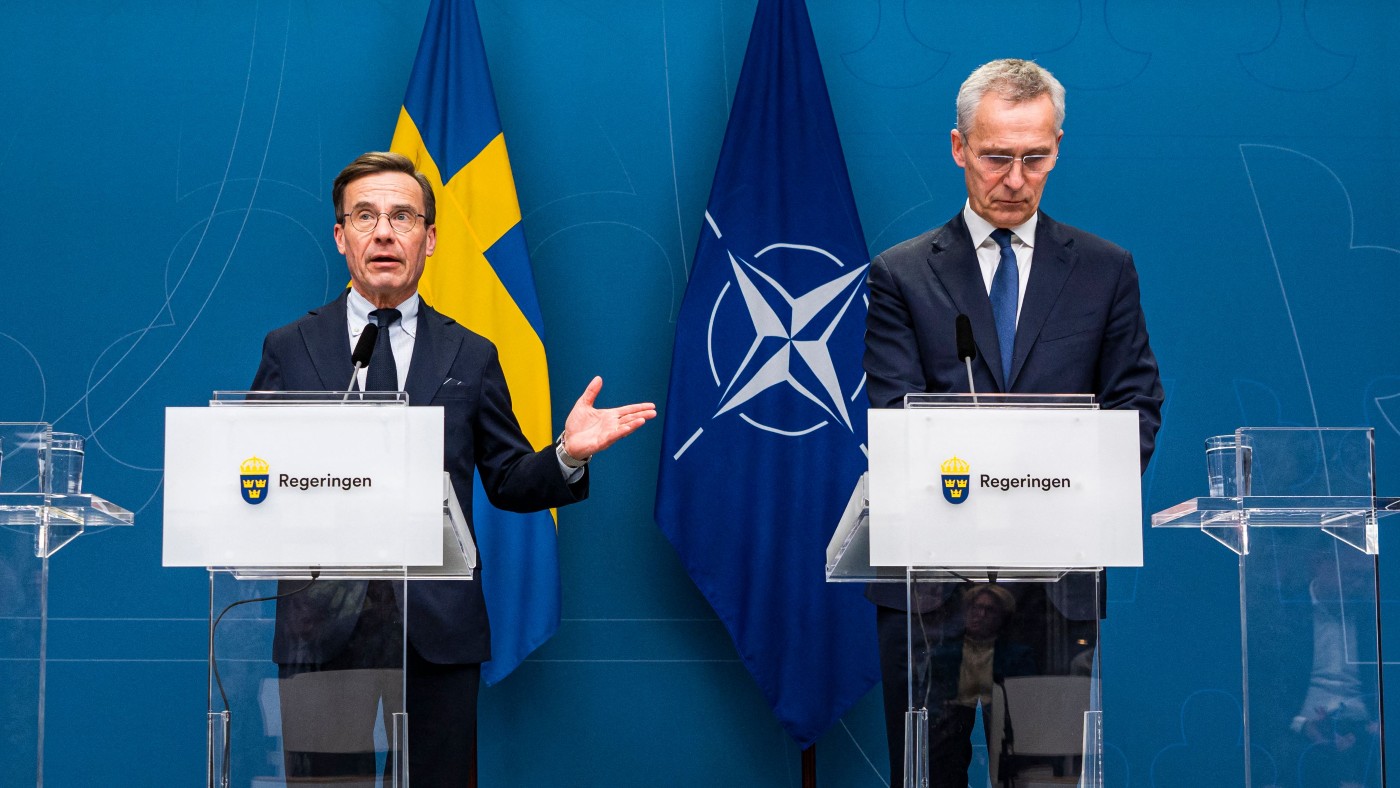 Non-aligned no longer: Sweden embraces Nato
Non-aligned no longer: Sweden embraces Natofeature While Swedes believe it will make them safer Turkey’s grip over the alliance worries some